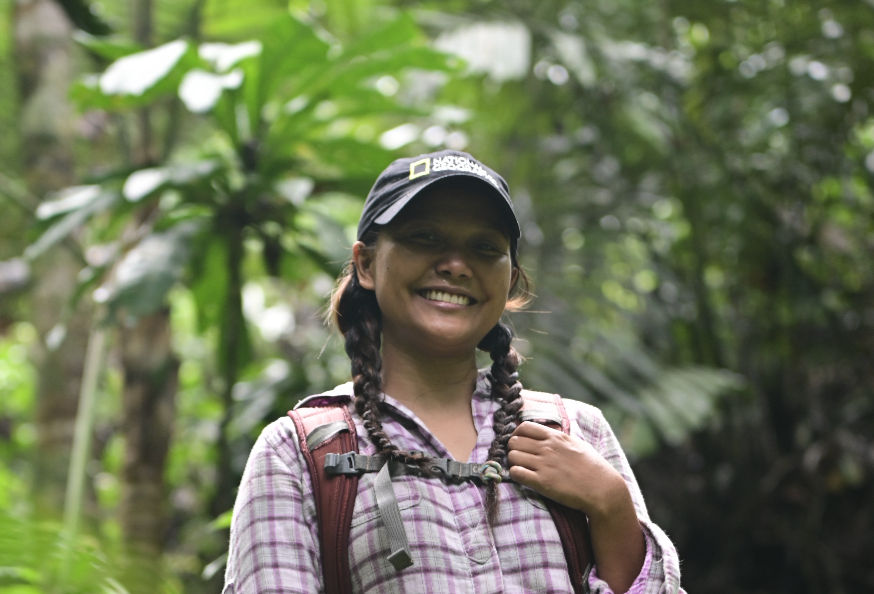Cows with watches and other agricultural innovations
- Sep 30, 2024
- 2 min read
by James Sibley
Earlier this September, YAS delegates attended the 3rd annual A3 Conference in Inverness. A3 stands for Animal Health, Agritech, and Aquaculture—the primary reason for YAS’ attendance. The Scottish Highlands and Islands are home to a variety of land-based and aquatic farms. While these sectors often operate independently, A3 provided an opportunity for farmers from all fields to come together and share knowledge.

Robert Stewart, Andrew Richardson, Rhianna Rees, and I (James Sibley, the author) participated in two days of panels at the Kingsmill Hotel in Inverness. Along with hundreds of other participants from various farming sectors, we attended presentations from universities, government agencies, and companies—all focused on improving Scotland’s agricultural sector. A major theme that emerged from these discussions was the integration of technology into modern farming practices. From cows wearing Apple Watches to autonomous disease detection in fish farms, technology and AI were central topics, particularly how these innovations can be developed in collaboration with farmers.
Several companies addressing some of Scotland’s most pressing aquaculture challenges stood out. Kidemis, a Swiss startup, presented on their development of mycoprotein-based aquafeeds. They are exploring the use of mycelium as a sustainable replacement for fishmeal and fish oil in aquaculture feeds for various species. Using advanced nutritional science and video analysis of feeding behaviors, Kidemis is rapidly identifying which mycoproteins are most suitable for different fish species, including salmon, Scotland’s most important food export.

Beta Bugs, another intriguing startup, demonstrated their innovative approach at A3. Like Kidemis, they are tackling the challenge of replacing fishmeal and fish oil, but with black soldier flies. However, rather than rearing the flies, Beta Bugs is a genetics research company working to selectively breed flies with faster growth rates and enhanced nutritional profiles for salmon. Currently, black soldier flies are more expensive than other protein sources and require supplementation with additional nutrients. Beta Bugs aims to resolve these issues, and they’ve already seen significant progress over the past few years.
While the atmosphere at the conference was filled with excitement about innovation, we were also reminded of the challenges ahead. Global warming is making summers increasingly difficult for aquafarmers, and economic hardships across the UK are further complicating the situation by limiting investment in the Agritech and Aquatech sectors. Effective scientific communication is becoming more critical for farmers, as the general public grows increasingly disconnected from food production, potentially leading to harmful misconceptions.
Nevertheless, the Highlands and Islands are ready for the challenge. Crises can lead to opportunities, after all. The conference left us feeling empowered in our pursuit of a more sustainable and resilient future for food production. The technologies are emerging, and we hope to see them in use soon. We even had the chance to tour Mowi Scotland’s new Inchmore hatchery, a state-of-the-art salmon facility that employs many of the monitoring and digital technologies showcased at A3. We hope to see you at next year’s conference!
Interested in being part of next year’s discussions or getting involved with innovations like these? We’d love to see more YAS members take part in these events. Keep an eye out for opportunities through YAS, and let’s continue pushing the boundaries of what’s possible in sustainable farming!






Comments